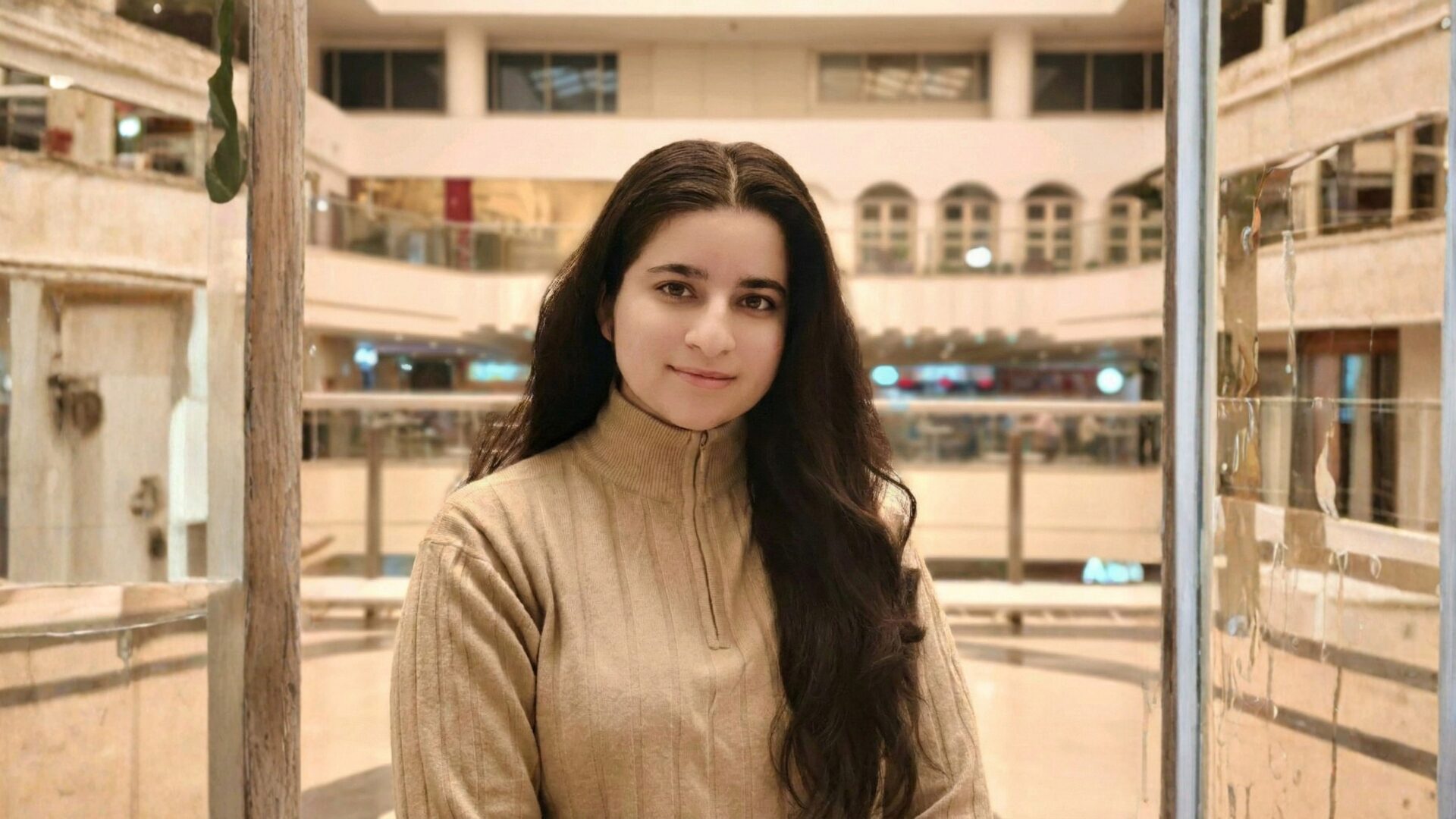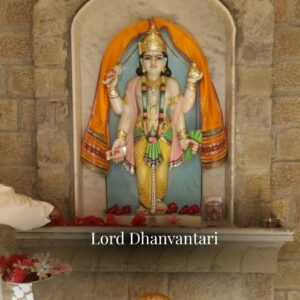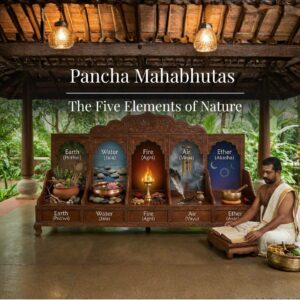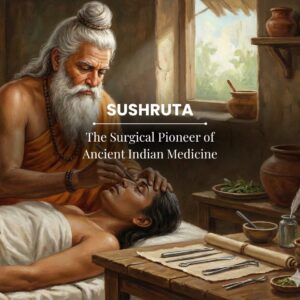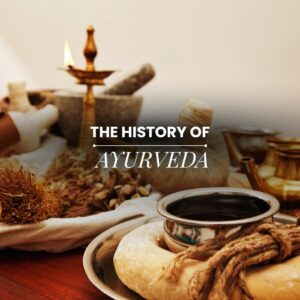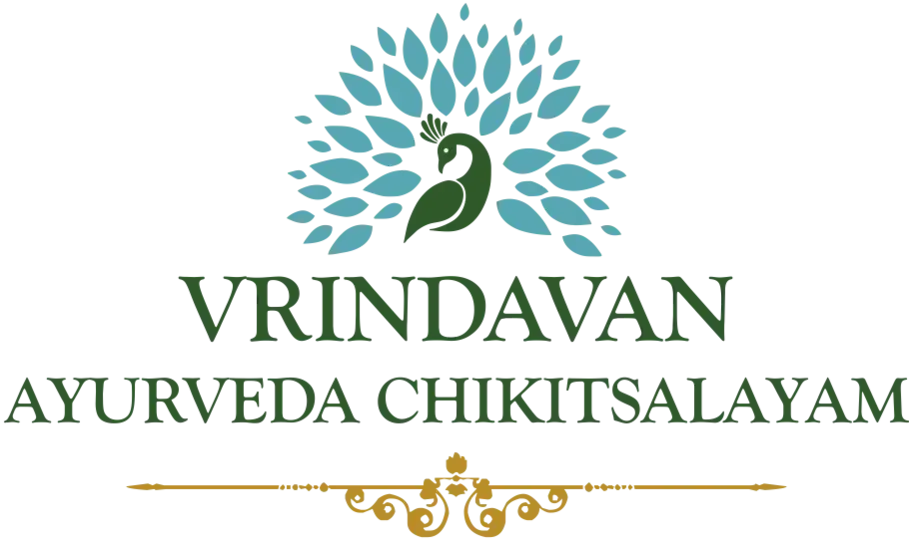Podikizhi herbal powder is one of the most common and effective Ayurvedic therapies for treating pain relief in the body. In Ayurvedic texts, this therapy has been classified under Swedana Chikitsa (sweat-inducing treatment).
Meaning of Podikizhi
Podikizhi is made up of two words, Podi and Kizhi. The word ‘Kizhi’ is an Indian Malayalam language word that means poultice or a pouch or a cloth which is folded in a way to carry something inside it. Podi means powder. Hence in short Podikizhi means a type of body massage done with the help of a bag full of herbal powder. Podikizhi is also called as ‘Choorna Pinda Sweda’.
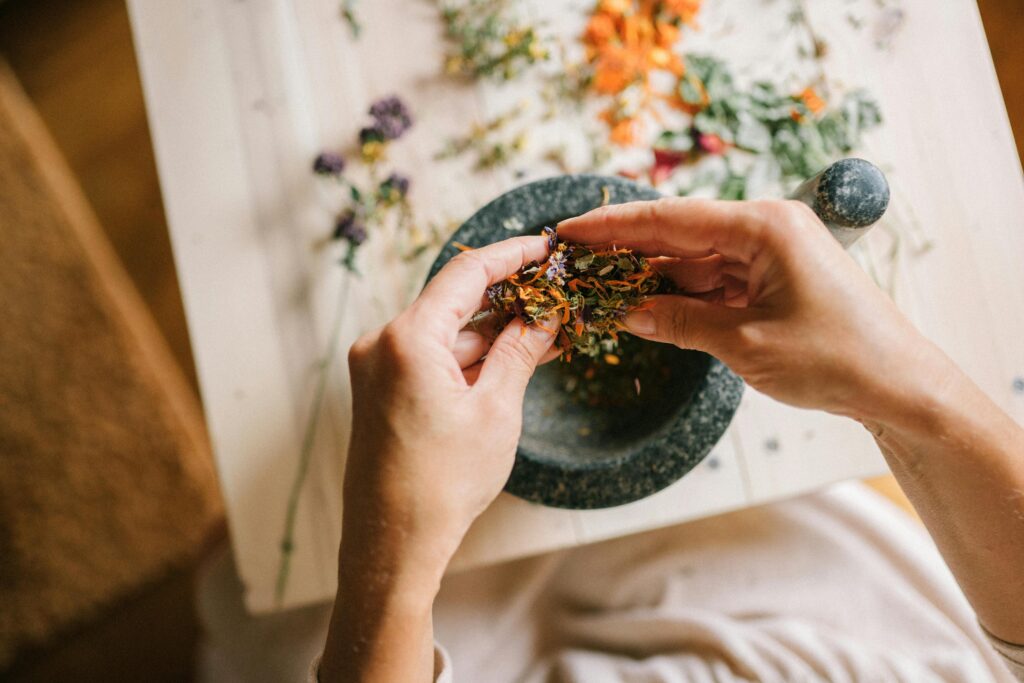
The massage with poultice is done over the affected area or the whole body as required.
There are many types of Kizhi therapies and the name depends on the type of herbs used in the poultice. These are Ela Kizhi, MuttaKizhi, NavaraKizhi, PodiKizhi etc.
Types of Podikizhi Herbal Powder
Podikizhi is a traditional Ayurvedic treatment that includes the application of herbal powders to the body using a cloth bundle. Also, different types of Podikizhi herbal powder are based on the specific health conditions being treated. Therefore, some of the common yet important ones are:
- Choorna Podikizhi: It is made with dry powders of several herbs like Vacha (Acorus Calamus), Shunthi (Zingiber Officinale), Haridra (Curcuma Longa), and other herbs known for their anti-inflammatory and analgesic properties.
- Jadamansi Podikizhi: Known for its calming and stress-relieving effects, it contains Jadamansi herb (Nardostachys Jatamansi).
- Kottamchukkadi Podikizhi: This mix includes herbs like Kottam, Chukku (dry ginger), and other spices. Furthermore, it is used for musculosketetal pain and inflammation.
- Kolakulathadi Podikizhi: Prepared with horse gram, it is used to reduce pain, stiffness, and iflammation in joints and muscles.
- Elakizhi: It is prepared with fresh leaves and dry leaf powders of herbs like Eranda, Nirgundi, etc.
- Navarakizhi: To enhance the effects of therapeutic effects of the nourishing and rejuvenating treatments, Navara (rice) is cooked in herbal decoctions with some herbal powders are used.
- Gruhadhumadi herbal powder for treating aches and inflammation.
- Ellumnishadi herbal powder for treating gout and swollen knees.
- Guloochipathradi powder for treating gout inflammation, aches and burning sensations.
- Rasnadi herbal powder for treating painful and swollen joints and the spine.
- Dashanga herbal powder for treating Oedema inflammation.
Preparation of Poultice (Bag of Podikizhi Herbal Powder)
Generally, a white cotton cloth is used for making a poultice. Here’s a step-by-step guide:
Materials Required:
- Herbal dry or fresh herbs, based on the specific type of treatment.
- Soft, white cotton cloths, preferably muslin or similar breathable fabric.
- A string to tie the cloth bundle securely.
- Herbal oil or decoction for heating the poultice.
However, note that the combination of herbs is decided according to the Prakruti and the current status of the disease of an individual. The various herbal powders which are used are –
- Kottamchukkaadi
- Nagaradi
- Dashanga
- Gruhadhumadi
- Jatamayadi, etc.
Roots and barks of medicinal plants in powdered form are tied in a completely white and clean piece of cotton cloth to give it the shape of a bolus. The selection of herbal powder as stated before is done basis of the ailment being treated.
Podikizhi Herbal Powder Treatment Procedure
The idea in Pozikizhi therapy is to make the whole body or certain parts of the body sweat by the application of medicinal powders.
Once the poultice is prepared as mentioned above, the next step is to heat it. For this purpose, oil is taken in a pan and heated on the stove on low heat. Further, the bolus is heated or dipped in hot oil and then is gently rubbed and pressed into the skin by the therapists in a synchronized, rhythmic motion.
When the temperature of the bolus starts to drop, a new bolus is used to continue with the treatment. The key is to ensure that the bolus is hot enough throughout the process. Fomentation takes effect when the patient begins to feel sweaty and light.
The therapy can also be done without the use of oil. Discretion of rubbing poultice with or without oil depends on the physician who considers many factors including imbalances in the Doshas of the person.
Also, this treatment is followed by a steam bath. The duration of Podikizhi herbal powder treatment is approximately an hour and the number of days of the treatment may vary according to illness.
Abhyangam (oil body massage) is generally performed before the Podikizhi treatment.
Benefits & Indications of Podikizhi
Podikizhi is a technique used in the management of various pain-related conditions affecting the musculoskeletal and neuromuscular systems.
In addition to treating arthritis and neuromuscular conditions, Podikizhi herbal powder is also effective in treating paralysis, insomnia, obesity, and ageing.
Podikizhi can be effective in acute pain in the body parts with smaller bones such as feet, ankles, wrists, fingers, etc.
Swelling, immobility, stiffness, pain, and numbness in arms, neck, lower back, hips, spine, and knees can be cured. Also, pain because of sprained ligaments and cartilage tears can be arrested to a great extent.
Additionally, it can help in relieving soreness, swelling, sprains, and muscle strain. Not to miss that, Podikizhi brings a glow to the skin and makes it appear youthful.
To concise the benefits of Podikizhi Herbal Powder, they are:
- Pain relief
- Reduction of inflammation
- Improvement in blood circulation & reduces blood pressure
- Alleviates muscle relaxation, pains, swelling in joints, muscular spasm, and sprain
- Stress relief
- Skin benefits that include improvement in skin tone and texture, Eczema, Psoriasis, etc
- Detoxification and removal of toxins from the body
- Treats obesity
- Relieves Insomnia and Depression
- Revives immunity
Indications for Podikizhi
- Musculoskeletal Disorders like Osteoarthritis, Rheumatoid Arthritis, Cervical and Lumbar Spondylosis
- Neurological Conditions include Paralysis, Muscular Dystrophy, and Peripheral Neuropathy
- Sports Injuries
- Chronic Pain Conditions like Frozen Shoulder
- Inflammatory Issues like Tendinitis
- Stress-Related Problems like Anxiety, insomnia, or Chronic Fatigue Syndrome
- Skin Conditions like Eczema, Psoriasis, and Dermatitis
Procedure and Care
- Initial Consultation: A detailed consultation with an Ayurvedic practitioner is essential to determine the suitability of Podikizhi and its type as per the treatment.
- Treatment Sessions: The number of sessions required depends on the health problem being treated.
- Post-Treatment Care: After the treatment, it is advisable to take proper rest and avoid any exposure to cold. Also, it is important to maintain and follow an appropriate diet to enhance the benefits.
People Who Should Avoid Podikizhi?
- Pregnancy: Podikizhi herbal powder treatment is generally not recommended during pregnancy due to heat and pressure involved.
- Acute Injuries: It should be avoided in the acute phase of injuries where there is active swelling, redness, or severe pain.
- Severe Skin Conditions: Individuals with open wounds, infections, or severe skin conditions should avoid this treatment.
- Fever or Infection: Podikizhi treatment is not recommended during times of viral, fever, severe infection, or acute illnesses.

